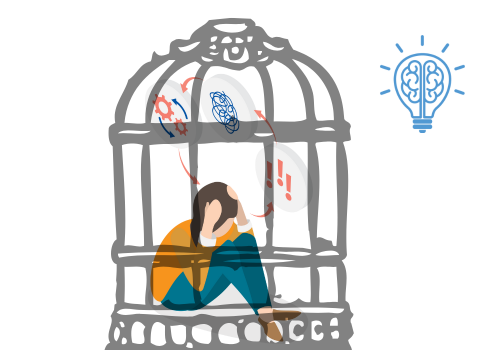What is Problem-Based Learning (PBL)?
- Problem-Based Learning (PBL) is an educational approach where students learn by actively engaging in real-world problems, rather than through traditional lectures or rote memorization.
- In PBL, students work in groups to solve complex problems, developing critical thinking, collaboration, and self-directed learning skills in the process.
- This approach is in both academic settings, particularly in fields like medicine, engineering, and business.
What are the benefits of Problem-Based Learning?
- Critical Thinking: PBL encourages students to think critically and analyze problems from multiple perspectives, leading to a deeper understanding of the subject matter.
- Collaboration: Students work in groups, learning to communicate effectively, share ideas, and collaborate to find solutions.
- Real-World Application: PBL connects theoretical knowledge to real-world scenarios, making learning more relevant and applicable to future careers.
- Self-Directed Learning: Students take ownership of their learning process, developing research skills and becoming more independent learners.
How can coaching support the implementation of Problem-Based Learning?
- Coaching can help educators design and implement PBL activities that are challenging, engaging, and aligned with learning objectives.
- For students, coaching can provide guidance on how to approach problem-solving in PBL settings, improve collaboration skills, and manage group dynamics effectively.
- In professional development, coaching can assist in applying PBL principles to workplace training programs, fostering a culture of continuous learning.
- Overall, coaching ensures that PBL is enhancing learning outcomes and developing essential skills for academic and professional success.




